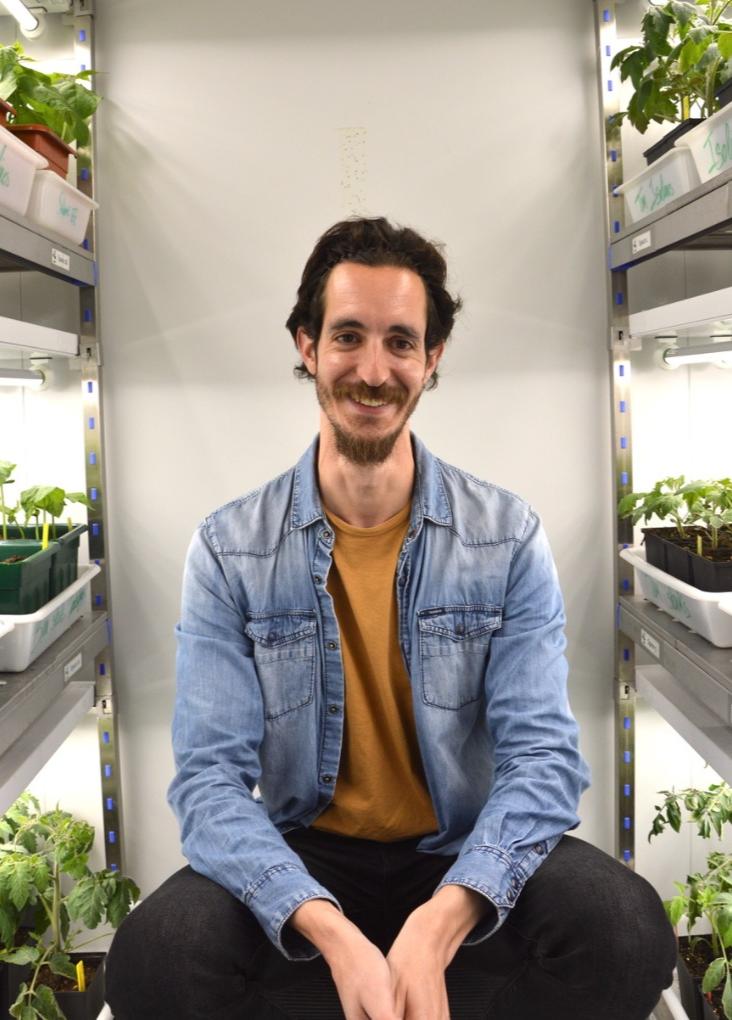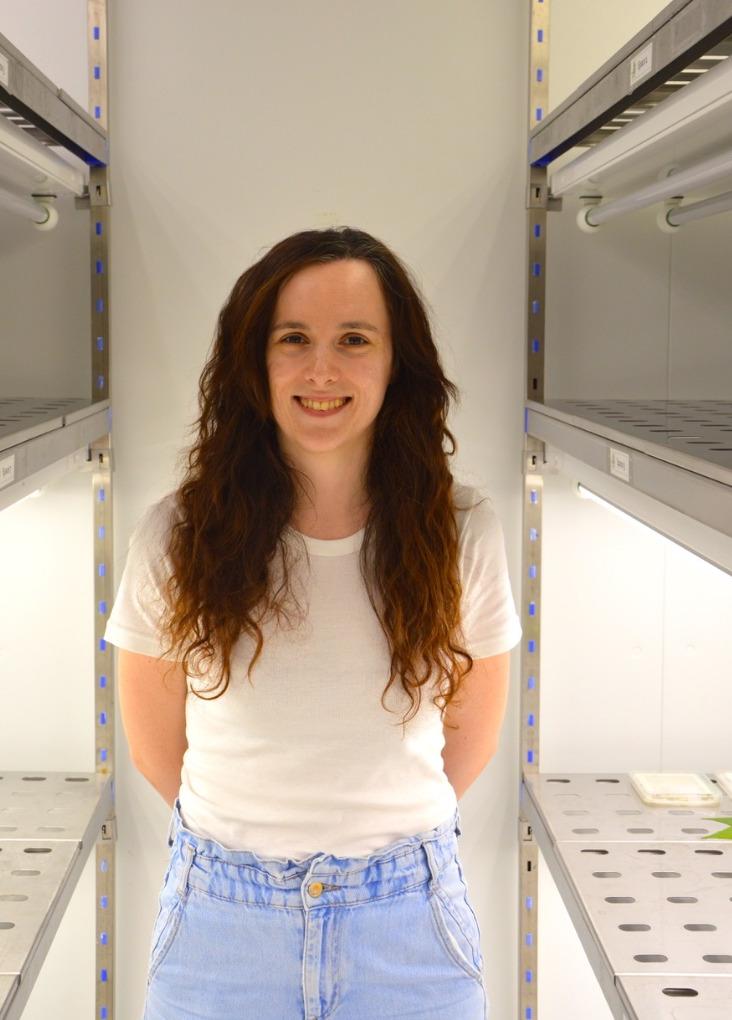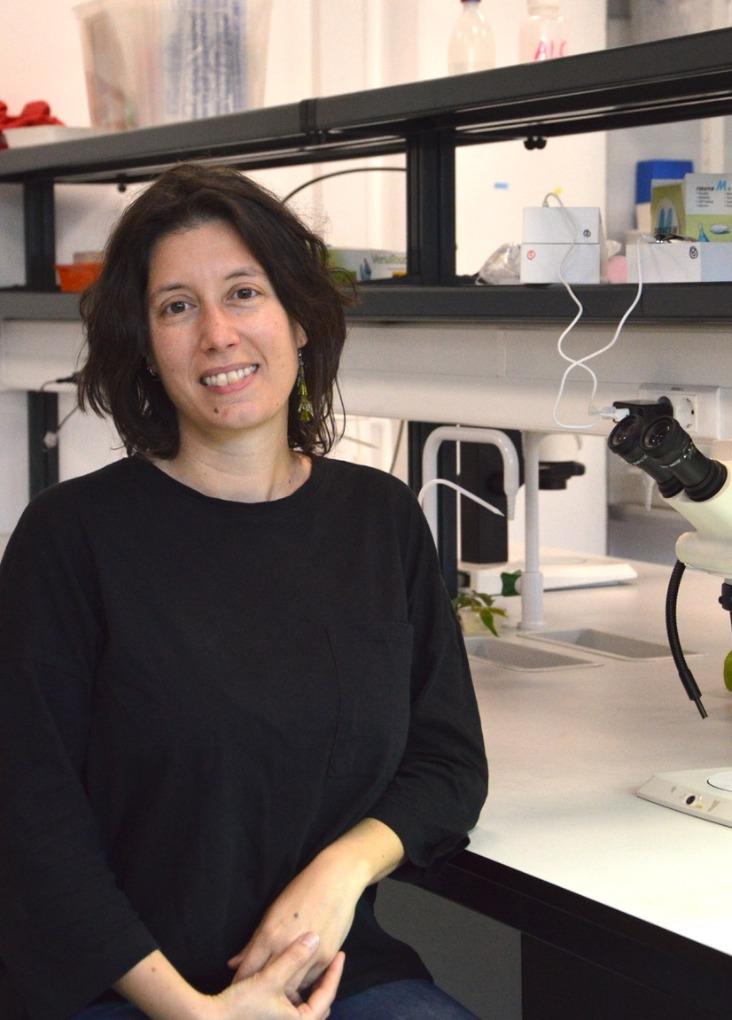Research within the Evolutionary Agroecology (EA) group explores the eco-evolutionary responses of organisms to both biotic and abiotic selection pressures in an agricultural context. It focuses on studying the evolutionary responses of crop pests to the simultaneous exposure to multiple stressors and the genetic basis of such adaptation, a fundamental but unsolved issue in Evolutionary Biology.
The study of adaptation to multiple stressors is a timely issue, not only due to its fundamental interest but also because of its applied relevance, specifically in the context of climate change.
Research at EA sheds light on the dynamics of crop pest populations, fostering exciting new work on the impact of warming on herbivore-plant interactions, pesticide resistance and population persistence. It will also evaluate the interaction between high temperatures and population fragmentation and its effect on fitness-related life-history traits in crop pests. Crop pests cause severe losses in farming, with most existing management strategies seriously compromising food security and comprising a high environmental risk.
The group will produce data relevant to designing environmentally friendly management strategies, informing on the efficacy of crop rotation and pesticide use methods. As such, this group’s outputs will significantly contribute to the achievement of SDG’s 2 (Zero Hunger), 12 (Responsible consumption and production) and 13 (Climate Action).
In parallel, EA will take advantage of the scientific knowledge gathered in research to foster agroecology from an ecological, social and economic perspective. The main aim is to raise knowledge awareness of all food system actors and foster their involvement in the much-needed change in the agriculture sector. The topics explored by EA lie at the intersection of CE3C’s TL2 (Evolutionary Perspectives in a Changing World) and TL4 (Towards Sustainable and Resilient Ecosystems), fully aligning with CE3C’s scientific strategy.

![/uploads/subcanais2/banners-novo-site-ce3c-24[1].png /uploads/subcanais2/banners-novo-site-ce3c-24[1].png](/uploads/subcanais2/banners-novo-site-ce3c-24[1].png)

















